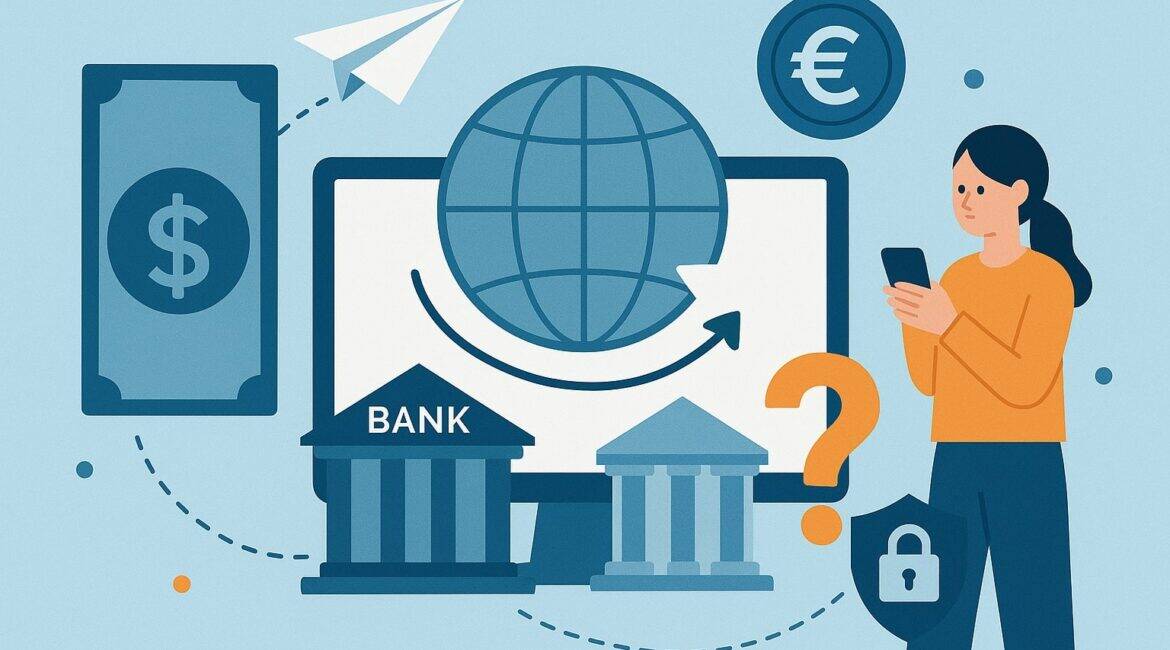Cross-border payment solutions enable businesses and individuals to send and receive money across international borders. In essence, a cross-border payment is a transaction where the payer and payee are in different countries and often deal in different currencies. These transfers typically require currency conversion and coordination across multiple banking systems....
How Dynamic Currency Conversion (DCC) Affects Merchants and Customers
With the increase of global travel and cross-border eCommerce, there are more and more customers paying in foreign currencies. To simplify these types of transactions, many merchants provide dynamic currency conversion (DCC) at time of purchase or checkout online. It sounds like a win-win, but the situation is a bit...
How to Audit Cross-Border Fees on Your Merchant Account
In today's global economy, businesses are increasingly engaging in cross-border transactions to reach new markets and expand their customer base. However, with the benefits of international commerce come additional costs in the form of cross-border fees. These fees can add up quickly and eat into your profits if not properly...
Choosing the Right Payment Gateway for International Card Acceptance
In today's globalized world, businesses are increasingly expanding their reach beyond borders to cater to a wider audience. With the rise of e-commerce, accepting international payments has become essential for businesses looking to tap into new markets and increase revenue streams. Payment gateways play a crucial role in facilitating online...
How Payment Routing Affects Cross-Border Costs for Merchants
In today's global economy, businesses are increasingly engaging in cross-border transactions to reach new markets and expand their customer base. However, conducting international business comes with its own set of challenges, including navigating the complexities of cross-border payments. Payment routing plays a crucial role in determining the cost and efficiency...
When Are Cross-Border Fees Triggered in Card Transactions?
Cross-border fees in card transactions refer to the additional charges imposed by financial institutions when a transaction involves a foreign currency or crosses international borders. These fees can vary depending on the type of card, the issuing bank, and the location of the transaction. Understanding when these fees are triggered...
How Currency Conversion Fees Differ From Cross-Border Fees
In today's global economy, it is common for individuals and businesses to engage in transactions that involve different currencies and cross-border transactions. When conducting such transactions, it is important to be aware of the various fees that may be incurred, including currency conversion fees and cross-border fees. While these fees...
How to Minimize Cross-Border Fees When Accepting International Payments
In today's global economy, businesses of all sizes are increasingly engaging in cross-border transactions. Whether you are an e-commerce merchant selling products to customers around the world or a freelancer providing services to clients in different countries, accepting international payments is essential for expanding your reach and growing your business....
Can Crypto or Blockchain Payments Lower Your International Transaction Costs?
In today's globalized era, businesses and individuals alike keep their eyes wide open for quicker, less costly ways of sending money offshore. Traditional payment vehicles are costly to make a transaction, move slowly, and involve many middlemen — all of which translate into the cost of doing business offshore.This is...
How to Choose the Right Acquirer for International Card Transactions
In today's global economy, businesses of all sizes are increasingly conducting transactions across borders. With the rise of e-commerce and the growing popularity of online shopping, international card transactions have become a common occurrence. However, processing payments from customers in different countries can be complex and challenging. One of the...









